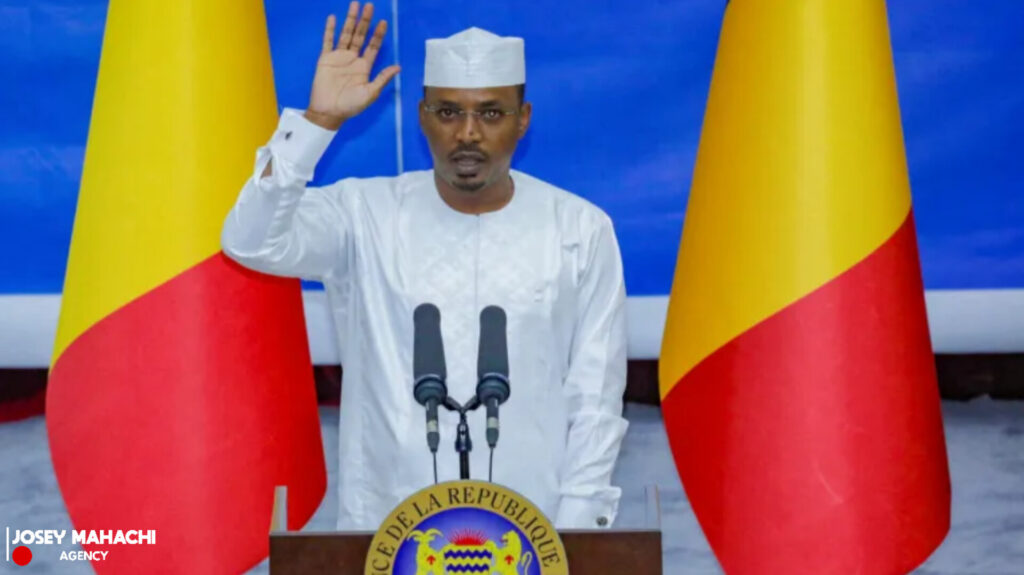By : Lloyd Mahachi
Chad’s governing party, the Patriotic Salvation Movement, has secured 124 out of 188 seats in the National Assembly, according to provisional results announced by Ahmed Bartchiret, head of the electoral commission. This majority win comes after a parliamentary election that was largely boycotted by opposition parties, who expressed concerns about the validity of the contest.
The participation rate was reported to be 51.56 percent, which opposition parties claim indicates voter doubts about the election’s legitimacy. Despite this, President Mahamat Idriss Deby’s party has emerged victorious, consolidating his political power. The election was presented as the final stage of Chad’s transition to democracy after Deby took power as a military ruler in 2021.
The December 29 election was also significant as it marked Chad’s first parliamentary election in over a decade. The vote included municipal and regional elections, with Deby stating that it would “pave the way for the era of decentralisation so long-awaited and desired by the Chadian people.” However, the main opposition parties boycotted the election, labeling it a “charade” and expressing concerns that it would be a repeat of the disputed presidential vote.
Chad is currently facing several security challenges, including attacks by the Boko Haram armed group in the Lake Chad region and the severing of decades-long military cooperation with France. The country is also navigating a critical period in its transition to democracy, making the outcome of this election crucial for its future.
The opposition parties’ decision to boycott the election was likely influenced by the disputed presidential vote, which Deby won last year. The Transformers party, whose candidate Succes Masra came second in the presidential election, was among the parties that boycotted the parliamentary election.
The severing of military ties with France is also significant, as it echoes recent moves by other countries in the region, including Mali, Niger, and Burkina Faso. These countries have all kicked out French troops and fostered closer ties with Russia after a string of coups in West and Central Africa’s Sahel region.
In a recent development, security forces foiled an attack on the presidency, which the government referred to as a “destabilisation attempt.” This incident highlights the ongoing security challenges facing Chad and the need for stability in the region.
The international community has been watching the situation in Chad closely, with many expressing concerns about the country’s democratic transition. The European Union, in particular, has been vocal about the need for free and fair elections in Chad.
Despite the challenges, Chad’s government has expressed its commitment to democracy and stability. President Deby has stated that his government is working to address the country’s security challenges and promote economic development.
The outcome of the parliamentary election is expected to have significant implications for Chad’s future. With the ruling party holding a majority of seats, it is likely that President Deby’s government will continue to shape the country’s policies and direction.
However, the opposition parties’ boycott of the election has raised concerns about the legitimacy of the outcome. Many have expressed worries that the election may not have been free and fair, and that the ruling party’s victory may not reflect the true will of the Chadian people.
As Chad navigates this critical period in its history, it is clear that the country faces many challenges. However, with the support of the international community and the commitment of its government, Chad may be able to overcome these challenges and build a brighter future for its people.
Editor : Josephine Mahachi

